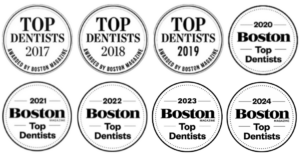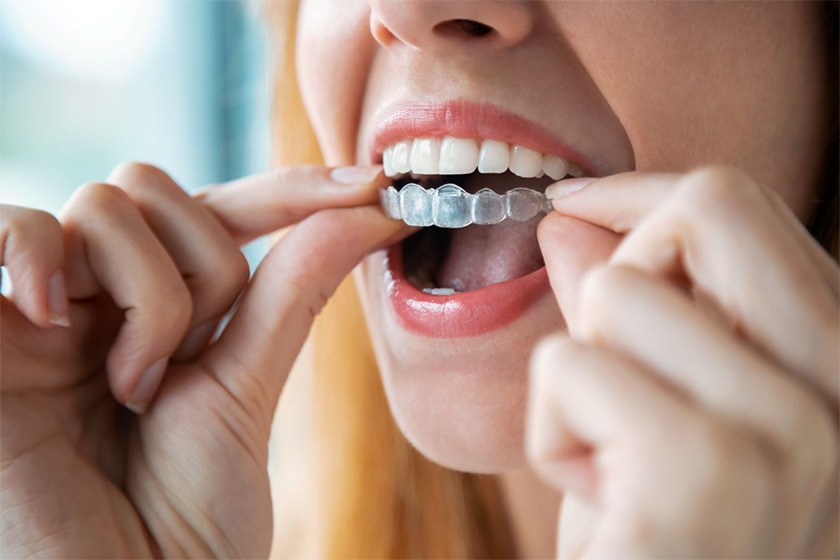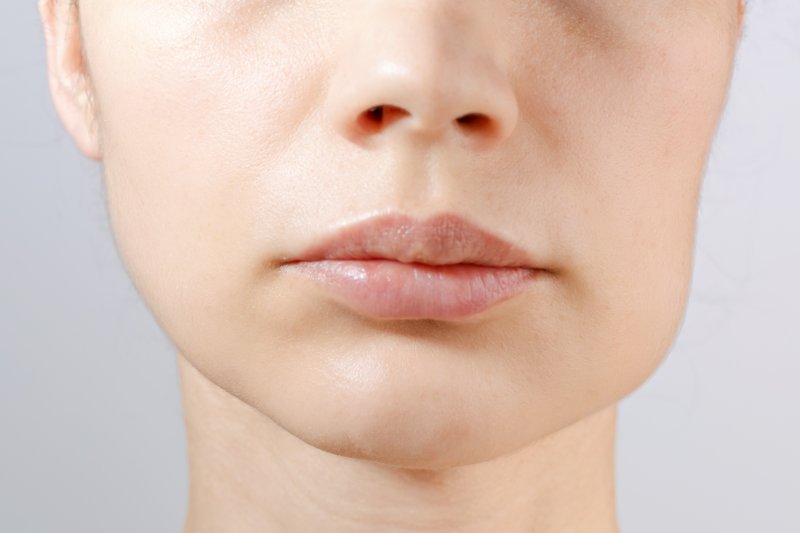Your diet plays a significant role in maintaining good oral health. The foods and beverages you consume can have a direct impact on the health of your teeth and gums. In this comprehensive guide, we will explore the connection between diet and oral health, highlighting the best foods to eat and those to avoid to keep your smile healthy and vibrant.
Understanding the Impact of Diet on Oral Health
The foods and drinks you consume can affect your oral health in several ways. Sugary and acidic foods can contribute to tooth decay and enamel erosion, while nutrient-rich foods can help strengthen your teeth and gums. Here are some key ways in which your diet influences your oral health:
- Tooth Decay: Bacteria in your mouth feed on sugars and carbohydrates, producing acids that attack your tooth enamel. Frequent consumption of sugary foods and drinks increases the risk of cavities.
- Enamel Erosion: Acidic foods and beverages can erode your tooth enamel, making your teeth more susceptible to decay and sensitivity.
- Gum Health: Nutrients such as vitamins C and D, calcium, and phosphorus are essential for maintaining healthy gums and supporting the structure of your teeth.
- Saliva Production: Chewing certain foods can stimulate saliva production, which helps wash away food particles and neutralize acids in your mouth.
Best Foods for Oral Health
A balanced diet that includes a variety of nutrient-rich foods can help keep your teeth and gums healthy. Here are some of the best foods to include in your diet for optimal oral health:
- Dairy Products: Dairy products such as milk, cheese, and yogurt are excellent sources of calcium and phosphorus, which are essential for strong teeth and bones. These foods also contain casein, a protein that helps strengthen tooth enamel and protect against decay.
- Fruits and Vegetables: Fruits and vegetables are rich in vitamins, minerals, and antioxidants that support overall health, including oral health. Crunchy fruits and vegetables, such as apples, carrots, and celery, help clean your teeth and stimulate saliva production.
- Lean Proteins: Lean proteins such as chicken, turkey, fish, and eggs are important for maintaining healthy teeth and gums. They provide essential nutrients like phosphorus and magnesium, which are necessary for strong tooth enamel.
- Nuts and Seeds: Nuts and seeds are packed with essential nutrients, including calcium, phosphorus, and healthy fats. They also require a lot of chewing, which stimulates saliva production and helps clean your teeth.
- Whole Grains: Whole grains such as brown rice, oatmeal, and whole wheat bread are rich in fiber, which helps keep you full and satisfied. They also provide essential nutrients like B vitamins and iron, which support overall health, including oral health.
Foods and Drinks to Avoid
While some foods and drinks can promote oral health, others can have detrimental effects. Here are some foods and beverages to limit or avoid to protect your teeth and gums:
- Sugary Foods and Drinks: Sugary foods and drinks, including candies, cookies, sodas, and sweetened beverages, are major contributors to tooth decay. The sugars in these foods and drinks feed harmful bacteria in your mouth, leading to the production of acids that attack your tooth enamel.
- Acidic Foods and Drinks: Acidic foods and drinks can erode your tooth enamel, making your teeth more susceptible to decay and sensitivity. Common culprits include citrus fruits, vinegar, and carbonated beverages.
- Sticky Foods: Sticky foods can cling to your teeth and provide a breeding ground for bacteria. These foods are often high in sugar and can be difficult to remove with regular brushing and flossing.
- Hard Foods: Chewing on hard foods can cause chips, cracks, and fractures in your teeth. These foods can also damage dental work, such as fillings and crowns.
- Alcohol and Caffeine: Alcohol and caffeinated beverages, such as coffee and tea, can contribute to dry mouth and reduce saliva production. This can increase the risk of tooth decay and gum disease.
Tips for a Tooth-Friendly Diet
In addition to choosing the right foods, there are several tips you can follow to maintain a tooth-friendly diet:
- Practice Moderation: While it’s important to limit sugary and acidic foods, you don’t have to eliminate them entirely. Practice moderation and enjoy these foods in small quantities and less frequently.
- Rinse Your Mouth: After consuming sugary or acidic foods and drinks, rinse your mouth with water to help neutralize acids and wash away food particles. This can help protect your tooth enamel and reduce the risk of decay.
- Use a Straw: When drinking sugary or acidic beverages, use a straw to minimize contact with your teeth. This can help reduce the risk of enamel erosion and tooth decay.
- Chew Sugar-Free Gum: Chewing sugar-free gum can help stimulate saliva production, which helps neutralize acids and wash away food particles. Look for gum that contains xylitol, a natural sweetener that can help prevent tooth decay.
- Maintain Good Oral Hygiene: Brush and floss your teeth regularly to remove plaque and food particles. Use fluoride toothpaste to help strengthen your tooth enamel and protect against decay. Regular dental check-ups are also essential for maintaining good oral health.
Conclusion
Your diet plays a crucial role in maintaining your oral health. By choosing nutrient-rich foods that support strong teeth and gums and avoiding sugary, acidic, and sticky foods, you can protect your smile and prevent dental issues. Remember to practice moderation, rinse your mouth after consuming harmful foods, use a straw for sugary drinks, chew sugar-free gum, and maintain good oral hygiene. A balanced diet and proper oral care will help you achieve and maintain a healthy, beautiful smile for years to come.






